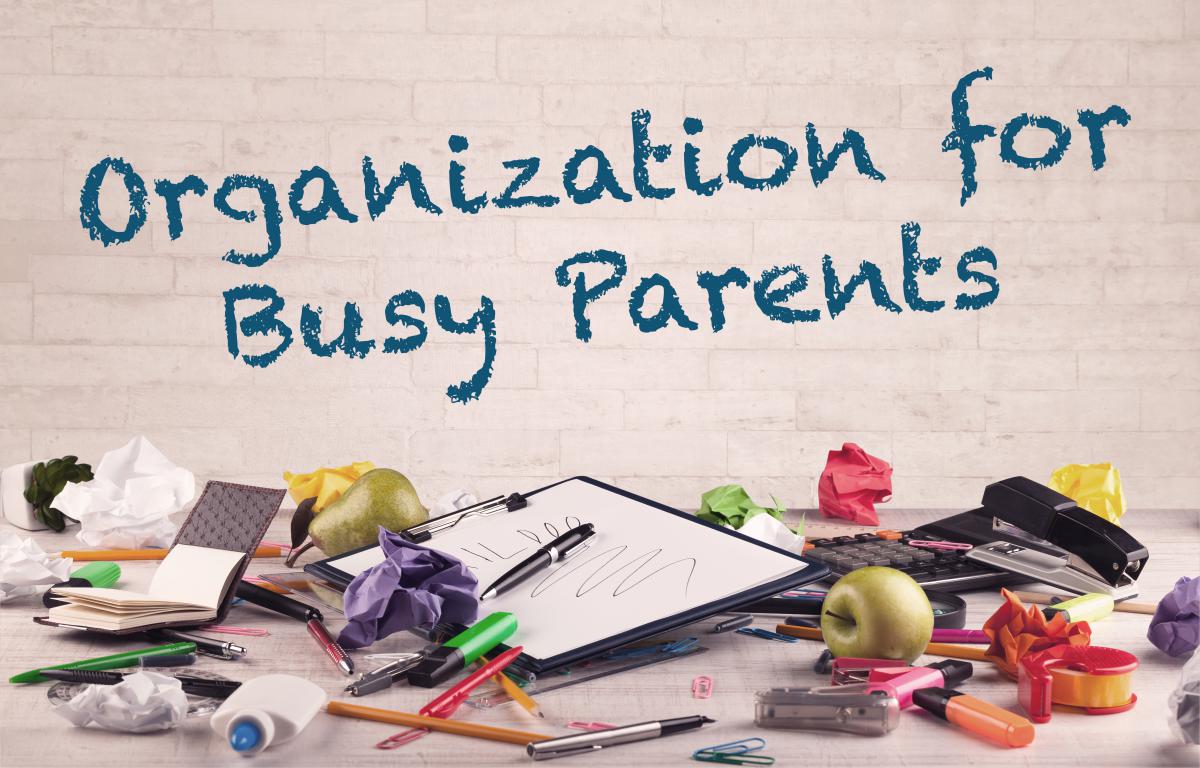
Do Your Family Holidays Look Nothing Like “The Hallmark Channel?”
December 6, 2018
Organization for Busy Parents
January 23, 2019
Almost everyone resolves to make some positive change in their life for the New Year. It might be losing weight, getting more exercise, sticking to a budget, or spending less time on social media or interacting with a screen. All of those are good resolutions. Here is something else to consider. What is the volume of your voice when interacting with your loved ones? Are you a “screamer?"
Many adults feel their home would be happier if they could find another way to communicate. These adults say they feel embarrassed to admit that they scream at home. They do not want to scream at their children, but find themselves screaming when children do not come when they are called, or when they’ve left a disaster area somewhere in the house. You can fill in the blank with what is your trigger.
Parents can feel taken for granted or ignored by their children. Under duress, we all can find ourselves “losing it” at times. Maybe your parents were screamers too, and you revert to their behavior without thinking. Sometimes adults are trying to let their children know that they are “fed up.” Unfortunately your children are probably not getting that message. They think you just had another bad day at work! If you frequently scream, your family may ignore you until the volume or intensity reaches a certain level, and then they will move. Or worse, some children feel their own threat level going up, and they react by lying or returning “fire” at you. (See the previous series of blogs on “Fight, Flight, Fear or Fib.”) The bad habit can be passed on to the next generation!
Here are some steps that can help you give up the screaming habit.
- Resolve that you will not scream under any circumstances. Instead of screaming, you are going to lower your volume when you speak.
- You are going to get closer to the child before speaking to them.
- Smile! Pat them on the arm or shoulder. The novelty will grab their attention.
- Make a direct appeal. Few people can resist when someone asks for help. Even better, say how long it will take – make it short! “I need your help for 10 minutes.”

- When you are stressed before you walk in the door at home, it will be hard to stay calm in the face of the challenges inherent in a busy household. Go to the back porch and taking some deep breaths, or sit in the car and listen to some music for a few minutes. Picture yourself dealing with your family as you aspire to do.
Remember: If you do what you have always done, you will get what you have always gotten!
Blogger Mary Ann Mulcahey, PhD, shares her expertise in assessment and diagnosis of learning disabilities and ADHD, and the social/emotional adjustment to those issues. If you have questions, please contact Dr. Mulcahey at



